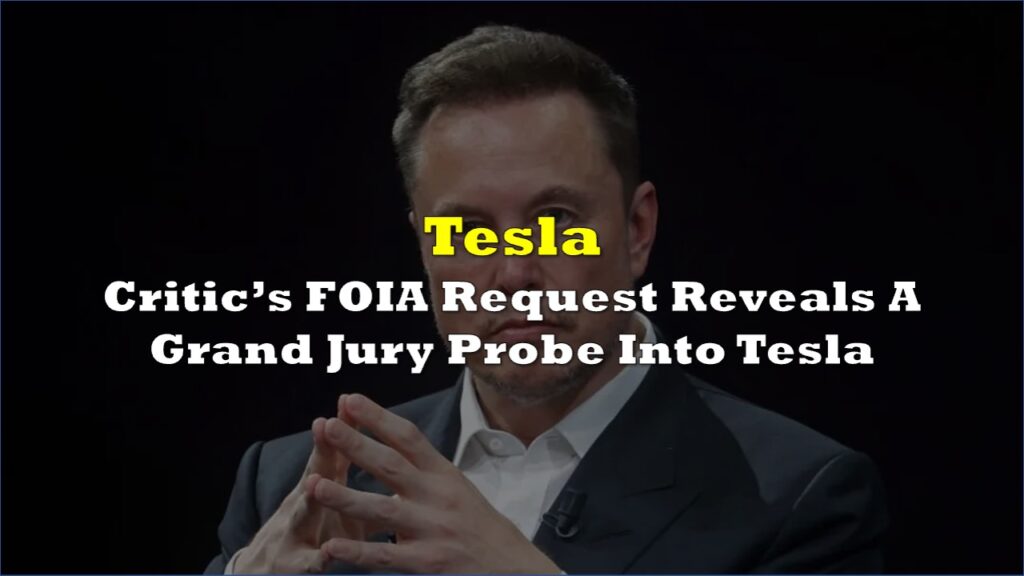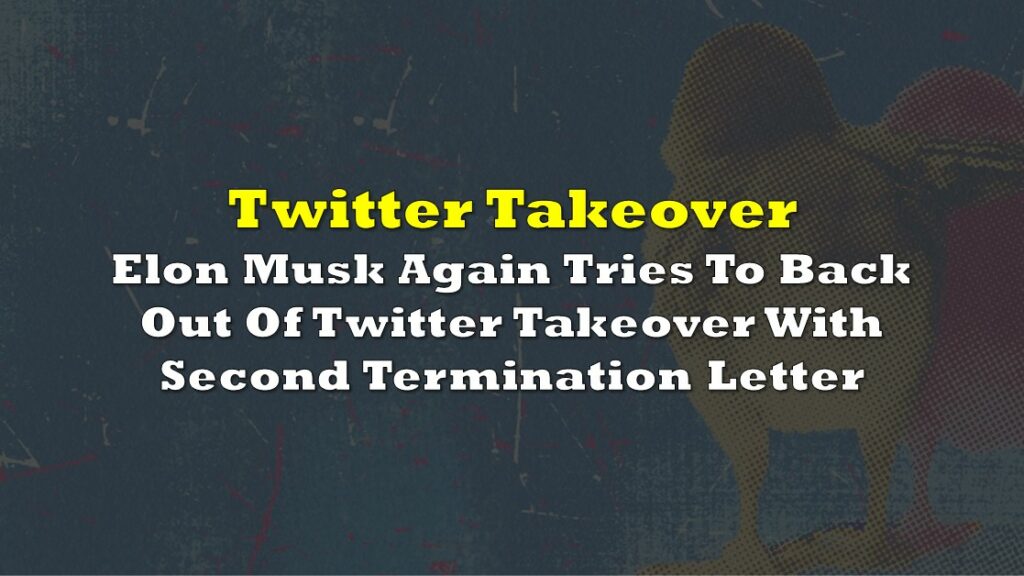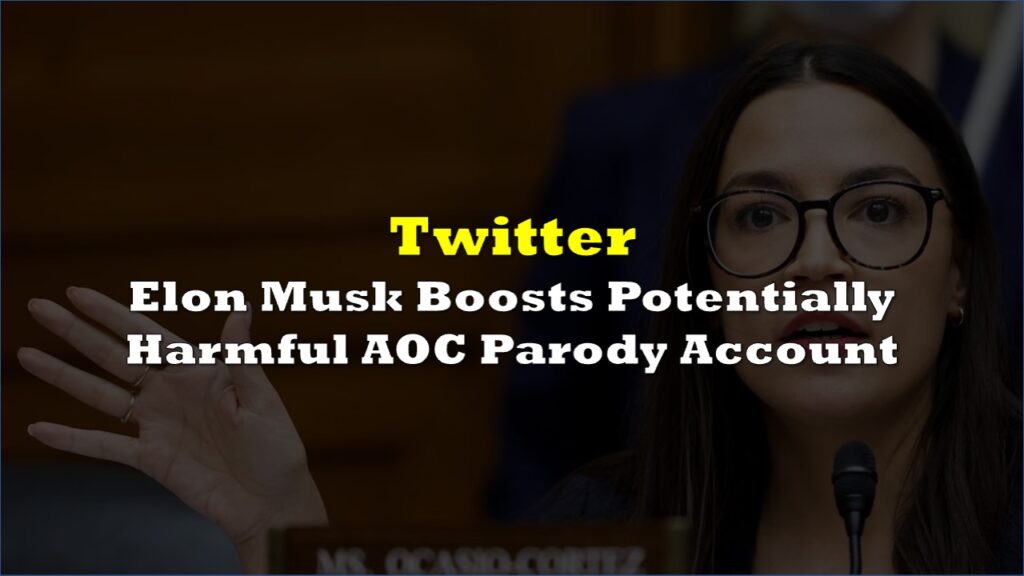Elon Musk has recently found himself at the center of a significant controversy in Brazil. The situation has escalated following Musk’s refusal to comply with a judicial order from the Brazilian Supreme Federal Court (STF) to block several accounts.
The tension reached a boiling point when Musk allegedly doxxed the individuals associated with these accounts, further inflaming the already volatile situation.
Elon Musk lost the entire Brazilian market for Twitter/X because he refused to ban 7 accounts, even though he regularly complies with requests from places like India, Turkey, and the UAE.
— Paris Marx (@parismarx) September 1, 2024
Now he’s gone ahead and doxxed those 7 accounts. 🫠 https://t.co/3UlKjEnwn0
On August 8, 2024, the Brazilian Supreme Federal Court issued a secretive and urgent directive to the administration of X Brasil Internet Ltda., the local branch of Twitter/X. The order, documented in a two-page official letter signed by Minister Alexandre de Moraes, mandated the immediate blocking of seven specific accounts on the platform.
The court’s decision was rooted in concerns that these accounts were involved in spreading misinformation, inciting violence, or otherwise violating Brazilian laws.
According to the court order, the administrator of X Brasil Internet Ltda. was given a two-hour deadline to block the specified accounts and any related groups or channels. The accounts identified include users such as “@EdRaposo_” (Ednardo da Vila Mello Raposo) and “@Claudio061973” (Claudio Rogasane da Luz), among others.
The court also demanded the preservation of all associated data, including IP addresses, timestamps, and details of any financial transactions related to these accounts. Failure to comply would result in a daily fine of R$50,000 (approximately US$10,000).
The court’s order did not stop there. It also required the platform to submit comprehensive logs of these accounts’ activities, stretching back several months. This included data from March 1, 2024, to August 7, 2024, for some accounts, and from April 1, 2024, to July 15, 2024, for others. The detailed logs were to include IP addresses, timestamps, and even the types of devices used to access the accounts.
Instead of complying with STF’s order, Musk reportedly chose to go on the offensive. According to reports and screenshots circulating on social media, Musk created a new Twitter/X account specifically to challenge the Brazilian judiciary. In his first posts, he allegedly doxxed the individuals associated with the accounts that the court had ordered him to block, publicly sharing their personal information, including usernames and potentially sensitive data.
Elon make a new account dedicated to attacking the Brazilian judge who shut down Twitter and the first thing he did was doxx the accounts Brazil was asking to block https://t.co/ATuBRN58Mk
— evan loves worf (@esjesjesj) September 1, 2024
Paris Marx, a technology critic, noted the irony in Musk’s actions: “Elon Musk lost the entire Brazilian market for Twitter/X because he refused to ban 7 accounts, even though he regularly complies with requests from places like India, Turkey, and the UAE. Now he’s gone ahead and doxxed those 7 accounts.” This observation highlights the inconsistency in Musk’s approach to complying with government demands across different countries.
Another user expressed disbelief at Musk’s apparent vendetta against the Brazilian judiciary: “Elon make a new account dedicated to attacking the Brazilian judge who shut down Twitter and the first thing he did was doxx the accounts Brazil was asking to block.”
Musk’s actions have sparked widespread outrage in Brazil, with legal experts and civil society groups condemning his disregard for the rule of law. The Brazilian government has yet to issue an official response, but the situation is likely to lead to further legal actions against Twitter/X. Minister de Moraes, known for his firm stance against misinformation and extremist content, may pursue additional sanctions against the platform and its executives.
The doxxing of the individuals involved also raises serious ethical and legal concerns. Doxxing, the act of publicly sharing private information with malicious intent, is illegal in many jurisdictions, including Brazil. Musk’s decision to doxx these individuals could potentially expose them to harassment, threats, or even physical harm.
This incident in Brazil is not an isolated case but part of a broader pattern of Musk’s confrontational approach to government regulations. While Musk has complied with content restrictions in countries like India, Turkey, and the UAE—often criticized for their censorship practices—his defiance in Brazil raises questions about his selective application of free speech principles.
The incident also underscores the challenges that global tech companies face in navigating different legal and cultural landscapes. As governments around the world grapple with the spread of misinformation and hate speech online, companies like Twitter/X are increasingly being called to account. Musk’s actions in Brazil may serve as a test case for how these conflicts will play out in the future, particularly in democracies where the judiciary plays a critical role in upholding the rule of law.
Information for this story was found via the sources and companies mentioned. The author has no securities or affiliations related to the organizations discussed. Not a recommendation to buy or sell. Always do additional research and consult a professional before purchasing a security. The author holds no licenses.









